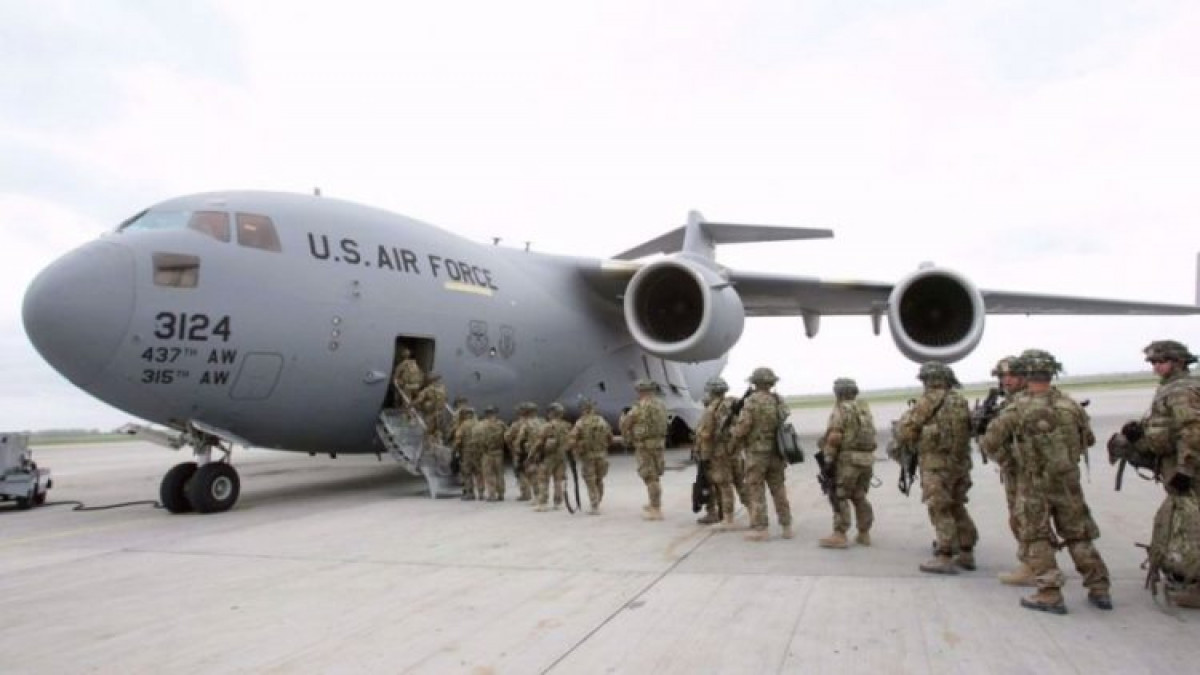 71
71
The importance of main US interests in the Middle East has changed significantly over the last decade, and Washington’s regional clout in the area has dwindled. The Middle East’s significance to US energy security has diminished considerably over the past several years, as the United States achieved to some degree energy independence by reducing its reliance on crude oil. According to statistics, US oil imports from the Middle East peaked in 2001 at 2.8 million barrels per day, but have subsequently declined to 1.6 million barrels per day in 2019. The US has spent $7,000 billion to establish a massive military presence in the volatile Middle East region, yet the ultimate consequence has been increased regional instability. On the other hand, poverty, social inequality, and racism have long plagued American society, exacerbated by excessive military spending, budget deficits across all social, economic, and political sectors. The US invasion of Iraq and its continued presence in Afghanistan have been detrimental to the US and its globalization objectives. Hence, there seems to be broad consensus on Capitol Hill that US military forces must withdraw from the Middle East and refrain from unnecessary military interventions, since this has resulted in the American nation being implicated in numerous international conflicts. According to observers, the Pentagon’s decision to pull out the American troops from the Middle East seems to be more in keeping with the US military’s Indo-Pacific concerns, particularly in light of China’s growing defiance. The Wall Street Journal’s recent article, which quoted Biden administration officials as saying that the missile and radar systems and hundreds of troops are being transported to East Asia to concentrate on the Chinese threat, lends credence to this viewpoint. It appears that the US administration is currently making concerted efforts to support Taiwan against Beijing’s rising military might, as well as China’s maritime and territorial claims in the tumultuous waters of the South China Sea. Furthermore, the Pentagon is keeping a close eye on Moscow’s military movements in the Baltic Sea and East Europe and is attempting to respond with a mightier military build-up.
After the US withdraws from the Middle East area, which stretches from Central Asia to the Mediterranean, no other country can fill the void and wield the same financial and geopolitical power except the Chinese dragon. Finally, notwithstanding the ambiguity surrounding the Biden administration’s Middle East strategy, the US regional goals have not dramatically altered.
Comment
Post a comment for this article